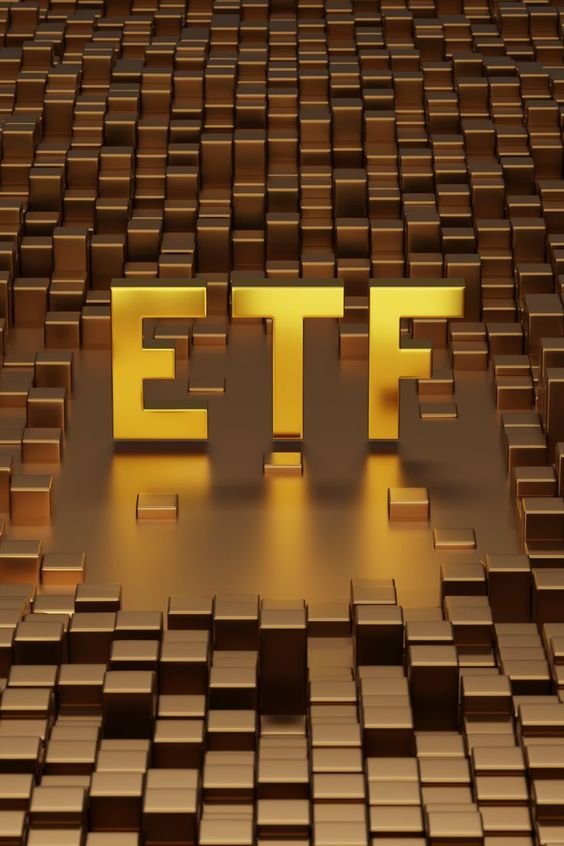Commodities are an essential part of the global economy, representing raw materials such as oil, gold, agricultural products, and more. Investors seek exposure to commodities for various reasons, including portfolio diversification, inflation hedging, and potential profit opportunities. Two common ways investors gain exposure to commodities are through exchange-traded funds (ETFs) and futures contracts. In this article, we’ll explore the pros and cons of investing in commodity ETFs versus futures contracts to help investors make informed decisions about which approach may be suitable for their investment goals and risk tolerance.
Understanding Commodity ETFs:
Commodity ETFs are investment funds that track the performance of a specific commodity or a basket of commodities. These ETFs are traded on stock exchanges, making them easily accessible to retail investors. Commodity ETFs offer several advantages:
Diversification: Commodity ETFs typically hold a diversified portfolio of commodities, reducing exposure to individual commodity price movements and mitigating risk.
Accessibility: Investing in commodity ETFs is straightforward and can be done through a brokerage account like trading stocks, making them accessible to individual investors.
Liquidity: Commodity ETFs are traded on major stock exchanges, providing liquidity and allowing investors to buy and sell shares at market prices throughout the trading day.
Transparency: Commodity ETFs disclose their holdings regularly, allowing investors to understand the underlying assets and their performance.
However, commodity ETFs also have limitations:
Tracking Error: Commodity ETFs may not perfectly track the performance of their underlying commodities due to factors such as tracking errors, management fees, and expenses.
Contango: Commodity ETFs that invest in futures contracts may be subject to contango, a situation where future contracts are priced higher than the spot price, leading to potential losses over time.
Limited Exposure: Commodity ETFs may not provide direct exposure to physical commodities, as they often invest in futures contracts or commodity-related equities.
Understanding Futures Contracts:
Futures contracts are financial instruments that obligate the buyer to purchase or sell a commodity at a predetermined price on a future date. Futures contracts offer several advantages:
Leverage: Futures contracts allow investors to control a larger position with a relatively small amount of capital, providing leverage and potential for higher returns.
Price Discovery: Futures markets facilitate price discovery by providing a platform for buyers and sellers to transact based on supply and demand dynamics, leading to efficient pricing.
Hedging: Futures contracts enable producers, consumers, and traders to hedge against price fluctuations, reducing the risk of adverse price movements.
Speculation: Futures contracts provide opportunities for speculative trading, allowing investors to profit from anticipated price movements without owning the underlying asset.
However, futures contracts also have limitations:
Margin Requirements: Futures trading requires investors to post margin, which can be substantial and may result in margin calls if the market moves against them.
Time Decay: Futures contracts have expiration dates, and their value may decline over time due to time decay, especially for contracts with longer durations.
Counterparty Risk: Futures contracts are traded on exchanges and cleared through a central clearinghouse, introducing counterparty risk in case of default by the clearinghouse or brokerage.
Complexity: Futures trading requires a deep understanding of market dynamics, trading strategies, and risk management techniques, making it more complex than investing in ETFs.
Both commodity ETFs and futures contracts offer investors opportunities to gain exposure to commodities, each with its own set of pros and cons. Commodity ETFs provide diversified exposure, accessibility, and liquidity, making them suitable for retail investors seeking simple and low-cost exposure to commodities. On the other hand, futures contracts offer leverage, price discovery, and hedging capabilities, making them attractive to sophisticated traders and institutional investors. Ultimately, investors should carefully consider their investment goals, risk tolerance, and investment horizon before choosing between commodity ETFs and futures contracts. Additionally, consulting with a financial advisor can help investors navigate the complexities of commodity investing and make informed decisions tailored to their individual needs.
ALSO READ: How to Use Data and Algorithms to Drive Investment Decisions




